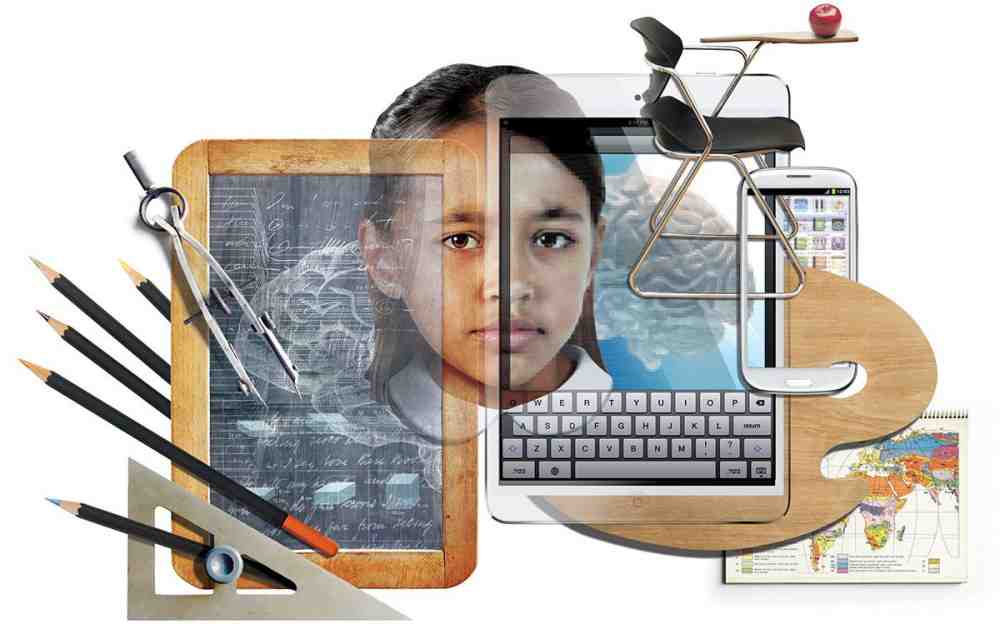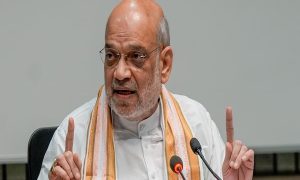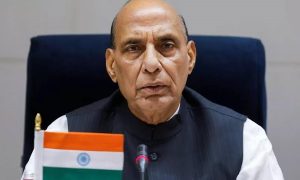“There’s a growing recognition of the value of investing in quality early childhood programs. It’s time to act on the evidence. The sooner we do, the more likely we will be to put our country on the road to greater prosperity that is shared by all”- James Heckman
Nobody correlates early education with economic development. The impact of early education on a country’s GDP or HDI has never been measured by Policy makers or Government administrators because most of the time early childhood education is not looked at as an investment. In fact education itself is often not considered as an investment with economic impact. However there is a growing recognition in developed countries about the economic impact a well structured early education and care system has and its contribution towards national development goals.
James Heckman, a Nobel Prize-winning economist, the Henry Schultz Distinguished Service Professor of Economics at the University of Chicago and expert in the economics of human development has strongly advocated and proven how investment in early childhood programs by Governments is necessary for communities to become globally competitive, improve health and education outcomes, and reduce crime and poverty. In December 2014, the Government of United States (then under Obama Administration) released a detailed research report titled ‘the economic of early childhood investments’. It was for the first time that a superpower nation had released a detailed research statement urging investments in early childhood care and education and outlined the benefits of such investments to children, parents and society as a whole.
By age of 5 years over 70% of the human brain development occurs and it is in these first few years of life more than 1 million new neural connections are formed every second. The quality of early experiences a child undergoes directly impacts the brain’s architecture. The foundation of a
sustainable, stable and prosperous society is largely dependant on the quality of individuals who thrive in and form the society. When young children are placed in a stable and nurturing environment in their early childhood, the quality of their experiences will be good when their needs are met and gestures are reciprocated. On the contrary, children when placed in unsupportive environments (home or outside) because of factors like poverty (no food or shelter), abuse (lack of proper caregivers/parents) end up developing toxic stress when their needs are not met. Persistent stress at such a young age affects the brains architecture. The brain is a highly complex organ with most of its function interconnected. So a child’s emotional well-being is connected to his/her physical ability and intellectual capacities. As we grow older our brain loses it plasticity thereby the ability to learn new skills or talents naturally slows down, however with poor brain architecture a person’s ability to learn or grasp concepts becomes an issue. A research report released by Harvard in 2000 states that the emotional and physical health, social skills, and cognitive-linguistic capacities that emerge in the early years are all important prerequisites for success in school and later in the workplace and community. In a progressive society, the quality of people comprising the community is very important and interventions in nutrition, health care, preschool and primary education, and related areas (for example, water and sanitation) are required to improve children’s health, nutrition status, growth, and cognitive and behavioural development.
The following example should help understand better the simple economic benefits of investing in early education.
Scenario 1: A young girl grows up healthy, well nourished, and without damage to her cognitive and behavioural development. She stays at home until age 12 and then starts working. She may work with her parents in the fields, with a family member in the household, or with others in a local store. The girl has not attended school and cannot read, write, or perform basic mathematical calculations. During her first year of work, her productivity is low but she learns from experience. Her productivity (and her income) increases during her early years of work but, lacking education, she soon reaches her maximum productivity level. She retires at age 55.
Scenario 2: Now consider the same young girl again in a different scenario. This time she attends school from age 6 to age 12. When she enters the work force at age 12, she can read sufficiently well to comprehend instructions and labels and can operate a cash register. Her productivity, with schooling, is higher initially than it would be without schooling and she will maintain this higher productivity for the rest of her work life. Again, she retires at age 55.
(Source: Article – ‘Early Child Development: An Economic Perspective’ by Jacques van der Gang)
From an economic standpoint, the best return on investments in Early childhood care and education (ECCE) can result is the improvement in ‘productivity potential’ of children who will emerge as useful and skilled members of the society. Though returns in ECCE can take time before the actual payoff begins, the majority of benefits, from reduced crime to higher earnings, accrue later in life. The benefits will definitely outweigh the initial cost in present value terms and continue to accrue throughout the child’s lifetime (The Obama Report, 2013). Stronger foundation and high-quality brain architecture directly impacts a child’s ability to learn things and master skills which again directly impacts the amount of earnings the child will make as an adult and thereby his contributions to the economy as a prospering citizen. Higher adult earnings for participating children means society gets all the benefits of a better educated, higher earning population in the future—including lower transfer payments, reduced involvement with the criminal justice system, healthier citizens, and a larger revenue base. The best investment a country can make for its future lies at the very foundation, in its early years care and education framework.
– By Dr. K.R. Maalathi, Founder Happy Tots Early learning program & CEO Auuro Educational Services
























 WhatsApp us
WhatsApp us